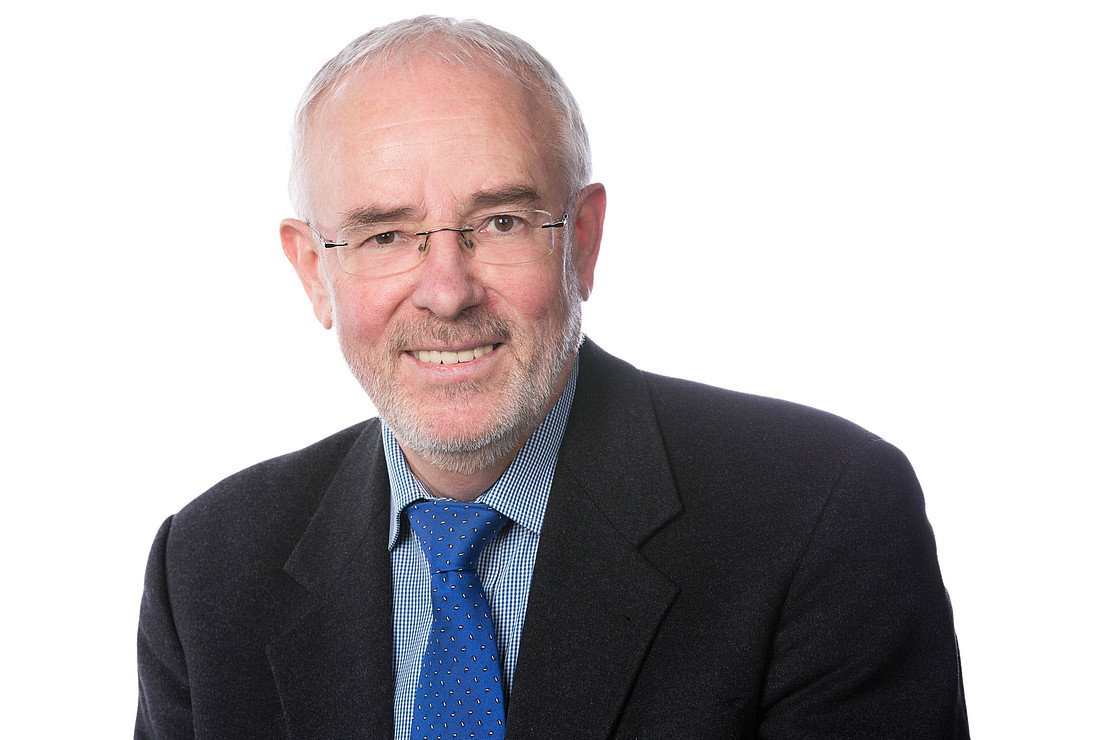This page contains automatically translated content.
How targeted disinformation can be detected and stopped
 Image: Sonja Rode.
Image: Sonja Rode.Social discussions and political opinion-forming processes are shifting more and more to the online world. However, the online world offers not only a platform for the free exchange of opinions, but also many gateways for targeted disinformation. The interdisciplinary research project DORIAN has published a policy paper that first explains what disinformation is in the first place: "Disinformation is publications that are demonstrably factually false or misleading and are published with manipulative intent, shared, and disseminated semi- to fully automatically." Among other things, the paper provides practical advice and suggestions that citizens, media and online operators, as well as politicians and legislators, can use to do their part in maintaining a fair culture of discussion and stabilizing democracy.
What can citizens do?
Even without special technical knowledge, citizens can easily recognize disinformation by performing plausibility checks: Textual features that indicate disinformation include scandalization, illogical structure and discrepancy between headline and text. In many cases, people with an affinity for technology can use a so-called reverse image search to quickly find out whether a photo or video has appeared before and actually belongs to the context. A key way to curb disinformation is to ensure that it is not further disseminated. People who discover or suspect disinformation on online platforms should not forward it, but report it to the respective distribution platform.
What can online operators do?
Blocking or deleting content or user accounts must - for example in the case of criminal content - be objectively justified, must not be arbitrary and must respect freedom of expression in political discussions. They must prevent both overblocking and underblocking.
What can media do?
Media should expose and correct. In doing so, they should not only counter the false report with the correct version, but also "embed" the correction in a story. This accomplishes two goals: First, the story can help spark reader interest and make the correct information more likely to be read and forwarded. Second, wrapping it in a story can help ensure that the correct information - rather than the incorrect information - is more firmly incorporated into the recipients' knowledge base.
The recommendations for action are published in the "Policy Paper" series of the "Forum Privatheit" research network and can be downloaded free of charge: Exposing and Combating Disinformation - Recommendations for Action.
The project "Detecting and Combating Disinformation" (DORIAN) is carried out by the Fraunhofer Institute for Secure Information Technology (SIT) (coordination), the University of Duisburg-Essen, Media Psychology, the Stuttgart Media University (HdM), Journalism and the Project Group for Constitutionally Compatible Technology Design (provet) at the Scientific Center for Information Technology Design (ITeG) at the University of Kassel. DORIAN has been funded by the German Federal Ministry of Education and Research since Aug. 1, 2017, and will run until 2019.
Project coordination "DORIAN":
Dr. Michael Kreutzer
Fraunhofer Institute for Secure Information Technology SIT
Phone: 06151 869-348
E-mail: Michael.Kreutzer[at]sit.fraunhofer[dot]de
Speaker "Privacy Forum":
Prof. Dr. Alexander Roßnagel
University of Kassel
Project Group for Constitutionally Compatible Technology Design (provet)
Scientific Center for Information Technology Design (ITeG)
Phone: 0561 804-3130 or 2874
E-mail: a.rossnagel[at]uni-kassel[dot]de
Project Coordination "Forum Privacy":
Dr. Michael Friedewald
Fraunhofer Institute for Systems and Innovation Research ISI
Competence Center New Technologies
Phone: 0721 6809-146
E-mail: Michael.Friedewald[at]isi.fraunhofer[dot]de
Press and Communication "Forum Privatheit":
Barbara Ferrarese, M.A.
Fraunhofer Institute for Systems and Innovation Research ISI
Phone: 0721 6809-678
E-mail: presse[at]forum-privatheit[dot]de
Forum "Privacy and self-determined life in the digital world".
www.forum-privatheit.de/forum-privatheit-de/index.php
Twitter: @ForumPrivacy